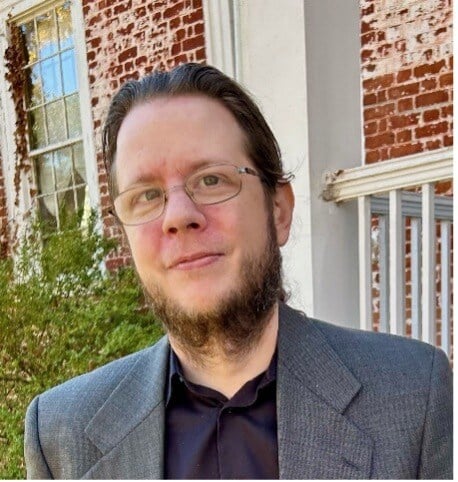
Haley Iselin realizes that she grew up in fortunate circumstances—a supportive family, beautiful surroundings that included views of majestic Mount Rainer, and financial security. She went off to college in Seattle and ended up marrying a man she had known from high school. She then joined the family business, and life seemed to be unfolding in an ideal way. What Haley knows today, however, is that life can also be filled with challenges, and for many people, that includes having a family member who is struggling with substance use.
In Haley’s case, her husband’s marijuana use, which was recreational at first, eventually turned problematic and developed into a heroin addiction. Luckily, he heard about SMART Recovery and sought help. Haley joined him at meetings and felt a strong connection. “I felt like I aligned immediately with so many of the principles and techniques,” she says. Indeed, she liked the approach so much that she decided to train to become a SMART Recovery facilitator.
When she finished the training in late 2016, she started a SMART meeting that was open to individuals seeking recovery, as well as their family and friends. While it was not a specific “Family & Friends” meeting, Haley was able to bring her lived experience to the group, and participants responded enthusiastically.
Haley and her husband ended up separating in 2019, and he passed away in 2020. More than ever, she needed the support of a group of people who were experiencing difficult circumstances themselves. And that is where the magic of mutual support is apparent. As she says, “By you being willing to talk about your challenges, you’re giving others the opportunity to feel comfortable to talk about theirs too.” Haley feels that our common humanity is revealed in such moments of sharing because people see it happening around them and between them. SMART Recovery thus provides the tools to build strength to keep moving forward in life.
Haley believes SMART’s practical, science-based tools have broad application to the various situations that come up in life. In her own life, she uses the tools from the program to address her challenges with sugar cravings. She points to the ABC cognitive tool as useful for breaking down destructive thinking and setting a course toward clear decision-making. SMART’s overall emphasis on rejecting labels, she feels, leads participants to more positive self-talk. She recalls the frustration of seeing her husband being labeled as just one thing—an addict—while his numerous great qualities were ignored.
In addition, Haley says, it is the flexibility of the program that leads to success for participants. She loves being involved in training others in the program and being the Regional Coordinator for Washington state. “It’s pretty rewarding and valuable to see the lightbulb go off for other people.” Haley herself is clearly one of the people who supplies the energy for such illumination.




